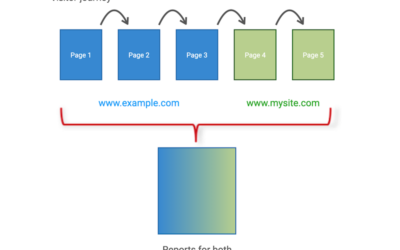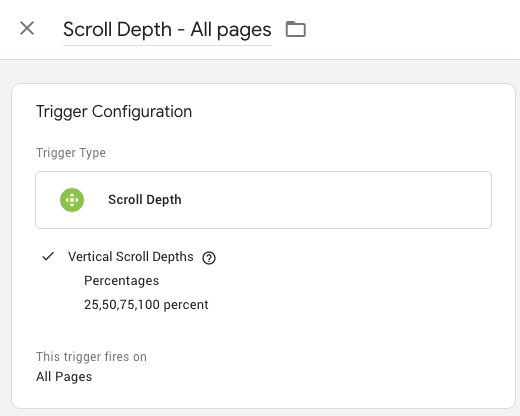For me these two phrases represent a difference in time scales…
DATA-DRIVEN for example, is the more immediate/real-time processing of data. All animals are data-driven – its called survival. Making a decision in real-time is literally a matter of life or death. For modern humans – say those reading LinkedIn, we wake up and look at “time data” to make an immediate decision (get up). Then check “weather data” and make the next immediate decision (what to wear), and so on.
DATA-INFORMED is about taking a longer term view of the accumulated data (only available to humans?). Its the basis of experience and wisdom. It allows us to spot patterns that do not match expectation e.g. discover new things, explore why this is, build a hypothesis, test it by experiment. For example, it looks sunny outside but that does not mean it is warm, or that the clothes I chose based on my visual data-driven input are sufficient for the whole day.
So these terms are quite different – though not mutually exclusive and certainly not one better than the other. If you are not data-driven then you will likely not survive – both figuratively speaking (you miss an opportunity in life) and literally (you crash your car because you ignored the red stop light). If you are not data-informed then the same mistakes are repeated over and over again, and no learning is gained. You will survive, but life would be dull…
Continuing the metaphor into my work life…
Bearing in mind that most data quality is poor, being only data-driven would result in continuing to collect and analyse poor quality data – clearly a waste of time. Being data-informed allows me to spot that and change course. But if I was only data-informed, real-time opportunities such as new business, would pass by.
Related Reading
Daniel Kahneman’s – Thinking, Fast and Slow.

There are books that can teach you new tricks, but few get you to rethink how you process raw information. This book did that for me. It made me rethink how I look at data, what biases are in-built to my thinking and how to recognise the common error of inferring causality when only correlation exists. This is not a light read, and I disagreed with some of Daniel’s points (can you disagree with a Nobel laureate?). However, a book that can get a seasoned analyst to reassess their thinking is worth its weight in gold.




Glad to see you’re still thinking!
Tony B